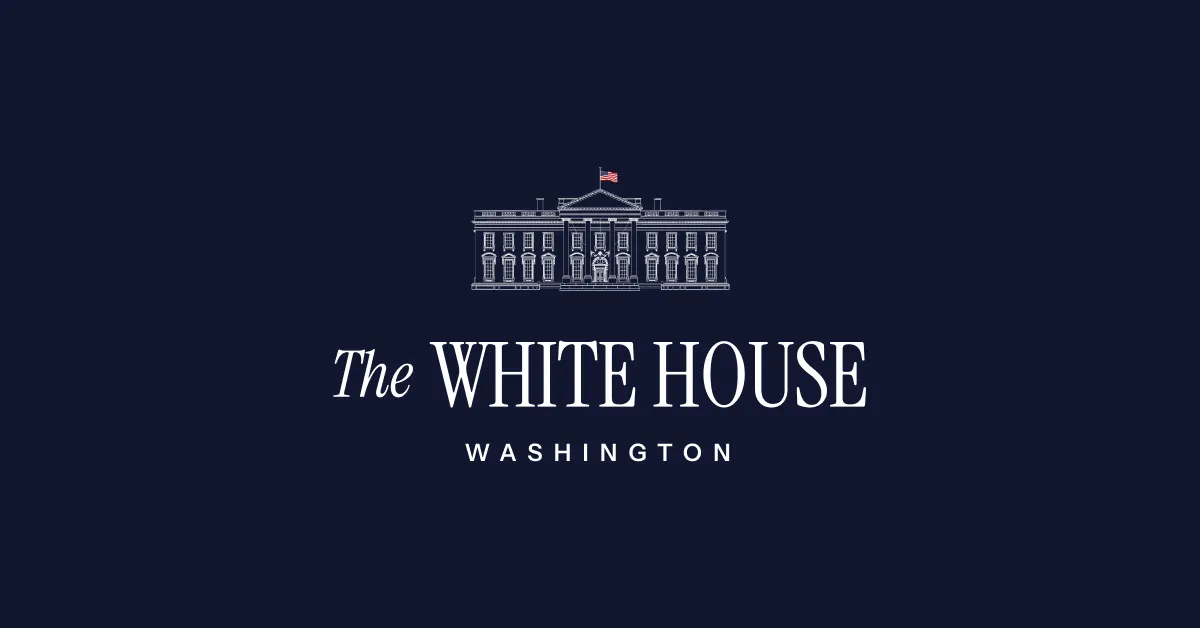
This morning, officials from the Trump Administration appeared on various Sunday talk shows to discuss President Donald J. Trump’s ongoing efforts to establish peace in the region. These discussions followed Trump’s landmark meeting with Russian President Vladimir Putin on Friday, and anticipate an upcoming meeting with Ukrainian President Volodymyr Zelensky and European leaders scheduled for tomorrow. Here’s a comprehensive overview of what was discussed.
During his appearance on Meet the Press, Secretary of State Marco Rubio emphasized the importance of achieving a full peace deal to resolve the ongoing conflict. "It was agreed by all that the best way to end this conflict is through a full peace deal. There’s no doubt about that," he stated. Rubio clarified the administration's stance, saying, "This is not our war. The United States is not in a war; Ukraine is in a war, and we’ve been supporting Ukraine." He highlighted that the U.S. is uniquely positioned to facilitate discussions between Putin and Zelensky.
"The only way to reach a deal is for each side to get something and each side to give something," Rubio explained, acknowledging the complexities involved in negotiations that have persisted for over three and a half years. He reiterated the significance of Zelensky’s visit, indicating it is a step towards finding common ground between both parties.
On This Week, Rubio addressed the challenges of negotiating peace, stating, "Of course, concessions were asked — but what utility would there be of me going on a program and telling you we wagged our finger at Putin?" He stressed the need for private discussions, as these negotiations are often more productive away from public scrutiny. "In order for us to get a peace agreement, Ukraine has to be a part of it," he reiterated, as he highlighted the importance of Zelensky’s involvement in the process.
Rubio also noted, "You’re not going to end a war between Russia and Ukraine without dealing with Putin," underscoring the pivotal role the U.S. plays in facilitating dialogue. He mentioned that nations across Europe are urging the United States to remain engaged in negotiations with Russia to secure a peace agreement.
In his segment on Sunday Morning Futures, Rubio maintained that there wouldn’t be a deal forthcoming from the upcoming meeting since the Ukrainians are not yet present. He articulated the need for mutual concessions, stating, "You can’t have a peace deal between two warring factions unless both sides agree to give up something." He expressed optimism about progress toward a meeting involving all three leaders.
Rubio further stated, “There’s only one leader in the world that has any chance of bringing these two sides together… that’s President Trump.” He warned that imposing additional sanctions could jeopardize the U.S.’s unique role in these negotiations.
Appearing on Face the Nation, Rubio praised President Trump for dedicating significant resources to achieving peace in a conflict that did not originate during his administration. He reiterated, "In order for there to be a peace deal, there are things that Russia wants that it cannot get, and there are things that Ukraine wants that it’s not going to get. Both sides are going to have to give up something." He dismissed media narratives suggesting that Trump might pressure Zelensky into an unfavorable deal, asserting that the Ukrainian president had willingly chosen to engage in discussions.
Special Envoy Steve Witkoff also shared insights on the ongoing peace efforts during his appearance on State of the Union. He described the security guarantees being discussed as "game-changing" and noted that there have been positive shifts in Russia's approach to negotiations. "We began to see some moderation in the way Russia is thinking about getting to a final peace deal," Witkoff reported, indicating that these developments are encouraging.
In his discussion on Fox News Sunday, Witkoff outlined the President's role as a mediator in the crisis, emphasizing that it is ultimately up to the Ukrainians to make decisions regarding potential territorial agreements with Russia. He highlighted the swift communication with Zelensky following the Alaska summit, affirming that the progress made was recognized as a significant victory for all parties involved.
As the Trump Administration continues to pursue diplomatic solutions, the upcoming meetings with President Zelensky and European leaders will be critical in shaping the future of peace in the region. The administration remains committed to facilitating discussions that could lead to a resolution of the conflict, emphasizing the need for both sides to make concessions to achieve lasting peace.